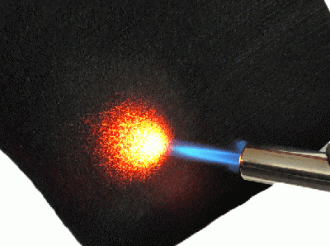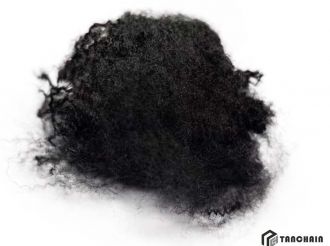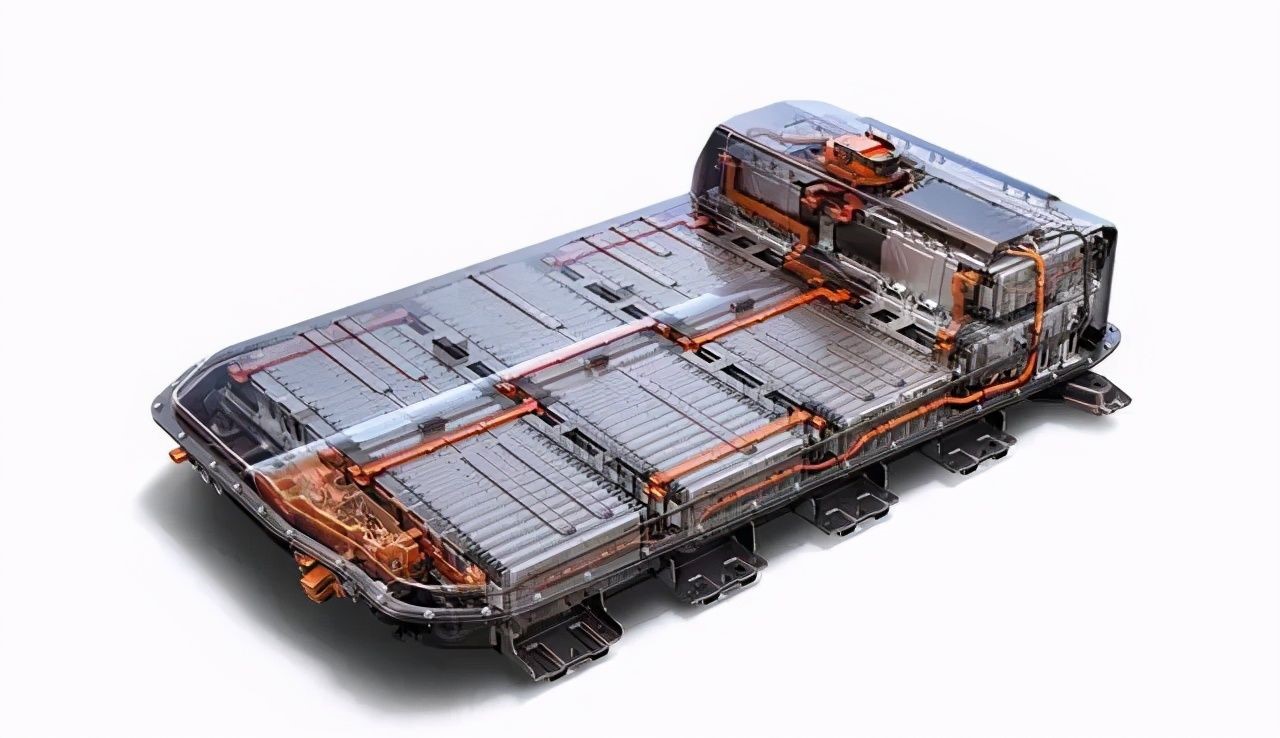
-
Aerogel: Excellent thermal management material, no longer have to worry about spontaneous combustion of new energy vehicles!
-
Aerogel is the lightest solid in the world, but it has super thermal insulation properties, is the best technology to solve the problem of the battery of the new energy vehicle
With the arrival of summer, new energy vehicles are facing greater risks. Under the high temperature, there are occasional news of spontaneous combustion.
Although the spontaneous combustion of new energy vehicles is like Schrödinger's cat, it may not happen, but the possible danger still makes people linger in fear.
Why do new energy vehicles spontaneously ignite? Is there any solution?
Spontaneous combustion is not invisible, battery overheating is the culprit

Many people will take it for granted that the spontaneous combustion of new energy vehicles is caused by the engine temperature being too high, or by the hot outer casing, but in fact, most of the spontaneous combustion of pure electric vehicles is caused by the battery pack.
There are many kinds of energy storage batteries for new energy
Such as nickel-metal hydride batteries, sodium-sulfur batteries, etc., but the most widely known is lithium batteries.
In the process of charging and discharging, with the increase of energy density, the risk of thermal runaway also increases. If a car collision happens at this time, the battery deforms, the diaphragm tears, and the flammable electrolyte leaks, which may cause a short circuit of electrified equipment. , spontaneous combustion occurs.
In addition to the rupture and burning of the battery caused by external collision, the lithium battery will also form a blockage inside after repeated charging. When the current passes, a short circuit will occur, causing a fire.
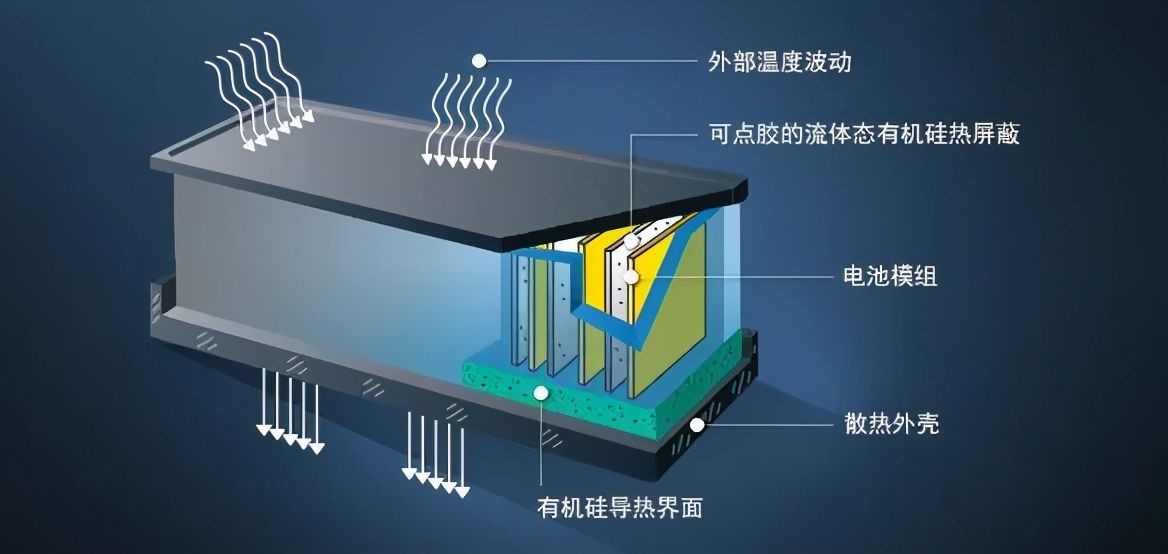
Since the battery structure of most new energy vehicles is a battery pack composed of small batteries, if the short-circuited battery does not have any protective measures, it will quickly spread to the entire battery pack, and even cause an explosion.
Small pieces are also used for big purposes, and aerogel has become the key technology to solve the problem
The chain reaction of spontaneous combustion of the battery pack caused by a small battery can greatly improve the safety of new energy vehicles if it is defended and protected from the source.
If we wrap the battery with thermal insulation material, even if a short circuit occurs, it will not affect other battery packs, nor will it spread to the entire vehicle.
The best thermal management material for wrapping batteries is currently internationally recognized as aerogel.
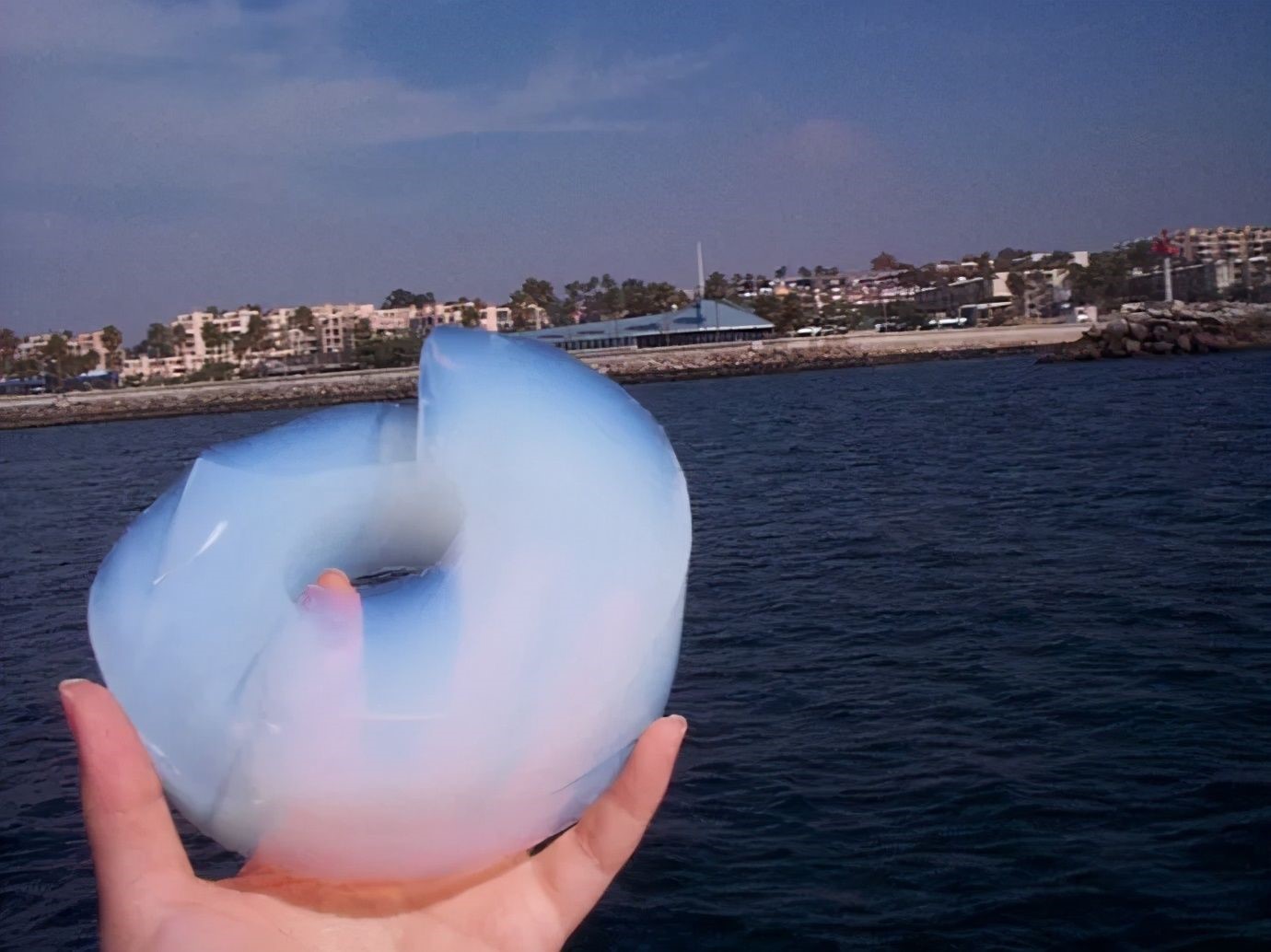
Aerogel is the lightest solid in the world, but it has super thermal insulation properties.
It looks like a thin layer of "weak wind", but it can directly withstand the direct burning of high temperature flames for 60 minutes.
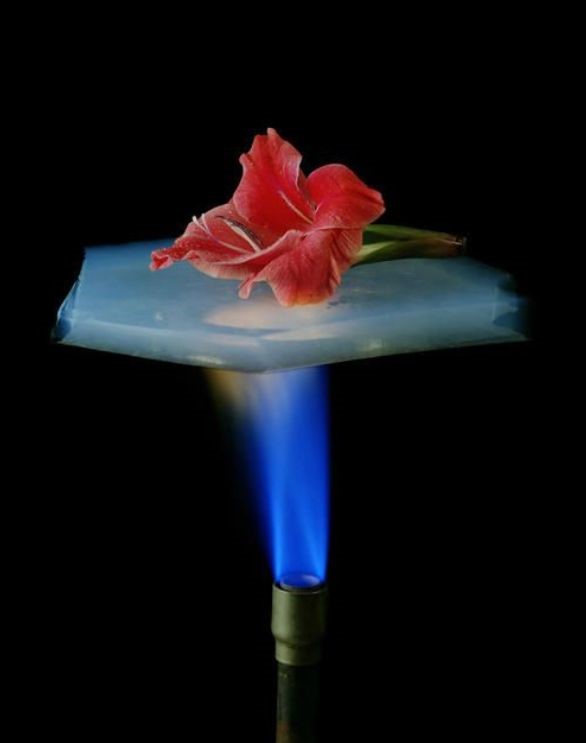
It is conceivable that if each battery of a new energy vehicle is wrapped with a layer of aerogel, even if a single battery has reached a very high temperature, it will not transfer heat to other batteries and components, thus making the new energy The probability of car spontaneous combustion is greatly reduced.
At the same time, because the aerogel is extremely light and thin, only half the thickness of the traditional components can achieve the same effect of protecting the battery, which can not only realize the lightweight of the car, but also greatly prolong the service life of the battery, which can be said to solve the problem of the battery of the new energy vehicle best technology
